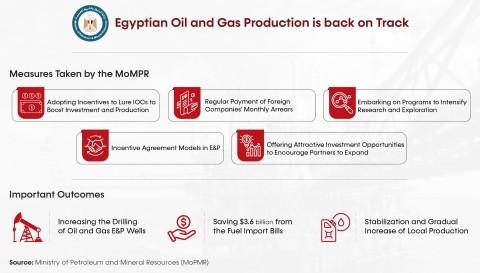Oil’s overnight rebound and a dovish statement from the U.S. Federal Reserve may help Gulf stock markets stabilise on Thursday after falling sharply earlier this week, although crude prices remain volatile and unpredictable.
Gulf equities dropped in panic sell-offs on Wednesday after U.S. crude futures slid to a fresh six-year low and Brent oil also retreated.
But both oil benchmarks then jumped as the U.S. dollar fell after the Federal Reserve indicated it preferred a more gradual path to normalising U.S. interest rates, despite being open to the first rate hike in almost a decade.
U.S. crude and Brent fell again in Asian trade on Thursday because of a strong build-up in U.S. oil inventories, but were well above their Wednesday lows.
In addition to hurting oil prices, the strong dollar has had a negative effect on non-oil exporting companies from the Gulf, reducing their competitiveness because most local currencies are pegged to the greenback.
Savola Group, Saudi Arabia’s largest food maker, and other companies in the Saudi food sector may come under pressure after Savola slashed its first-quarter net profit forecast to 178 million riyals ($47.5 million) before capital gains from 360 million riyals late on Wednesday.
It blamed the revision on lower-than-expected retail sales, and said currency devaluations in some foreign markets were also a concern.
Stocks going ex-dividend, such as Saudi Arabia’s Samba Financial Group, National Bank of Abu Dhabi and Qatar Navigation, may also weigh on markets.
In the wider Middle East region, Tunisia’s market may stay under pressure after gunmen stormed the national museum on Wednesday, killing 17 foreign tourists and two Tunisians in one of the worst militant attacks in the small North African country.
The main Tuinisian stock index dropped 2.5 percent on Wednesday. Beyong the short-term blow to tourism and possibly foreign investment, investors will be concerned about the potential impact of the security threat on Tunisia’s transition to stable democratic government.
On global markets, MSCI’s broadest index of Asia-Pacific shares outside Japan climbed 1.6 percent on Thursday morning for its best daily performance in five weeks, in response to the Fed policy statement.
Souce: Reuters












